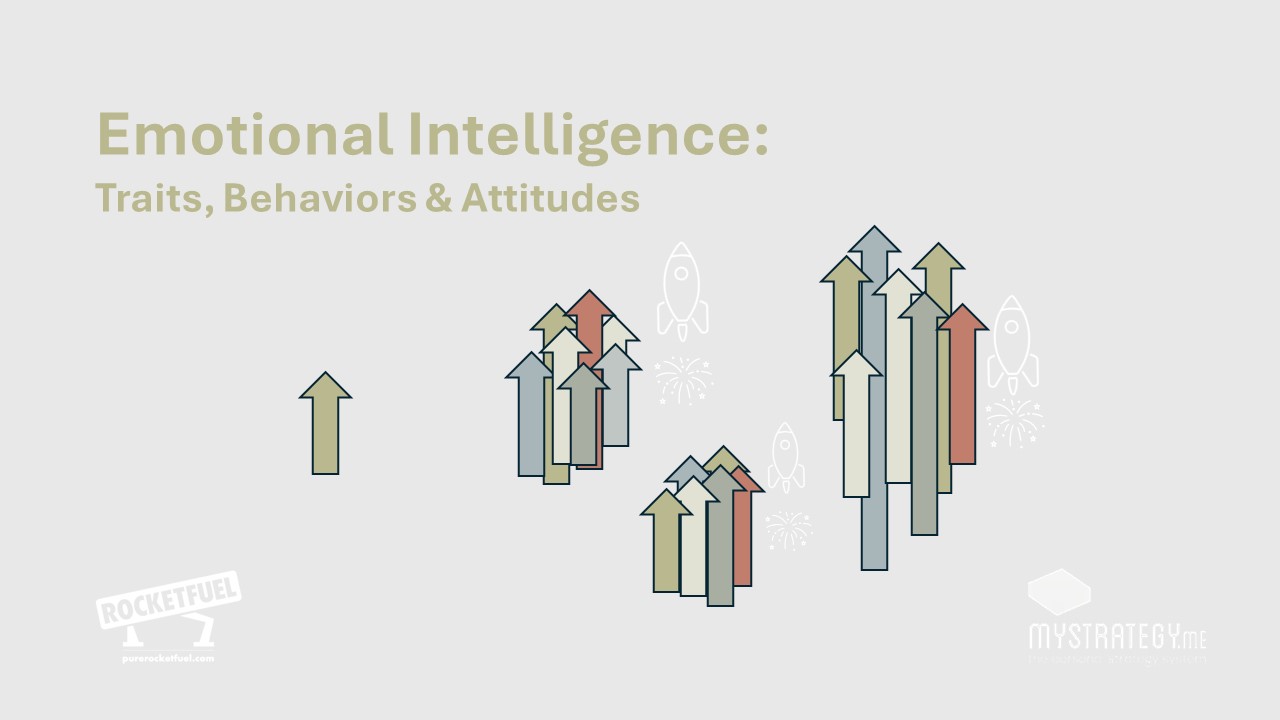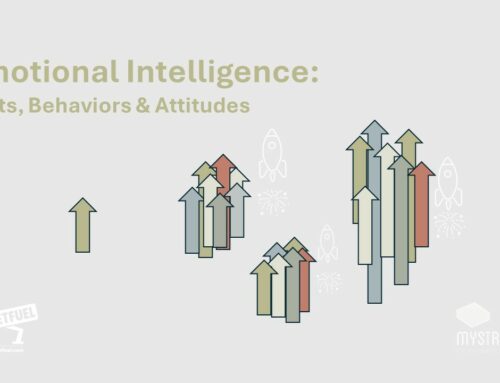
Have we developed too much pride (or submission) to ask the interesting questions deriving from our curiosity, asks Leadership & Performance Coach, Davina Greene.
Curiosity implies a hunger for knowledge, a desire to know why things are the way they are and how they could be different. It implies potential, whether generally or in a particular field. It has a very positive effect on mental development. All of the well-known intellectual giants were hugely curious people. So why don’t we talk about it more?
Actually, we do, whether we realize it or not. We talk regularly about whether schools are truly nurturing each student by allowing space for curiosity, or whether intellectual exploration is being cramped by too rigid a curriculum geared mainly towards the administrative requirements of colleges and employers. Similarly, we complain about the Management structures that dictate, tell and control, leaving potentially great employees unable to ask the questions that could, in reality, prove very important – and profitable.
Sadly, many of us find ourselves looking back over years of schooling and work, remembering the times when a question actually did stir within us but we felt too much like a fool, an inconvenience, or an unwanted agitator to actually ask it; curiosity reared its head, but other traits and perceived rules colluded to promptly put it back in its box, winning the momentary battle.
Why Does Our Curiosity Seem To Diminish?
A key contributor to the psychology of child development, Jean Piaget, referred to assimilation (our interpretation of new information in terms of pre-existing concepts, information or ideas – say, a child who is familiar with cats seeing its first dog) and accommodation (the revision or modification of pre-existing concepts in terms of new information or experience – say, that child accepting the differences between cat and dog, and growing its knowledge on cats and dogs individually, over time). The balance between reliance on prior information and openness to new information helps us to sensibly move from stage to stage.
This ‘openness to new information’ implies a degree of curiosity about the subject at hand. To me, as we get older, many of us nowadays seem to replace the notion of ‘growth through self-led learning’ with ‘survival through prescribed learning’. The inquiring scientists – which is how Piaget referred to young children – perish somewhat. Our thinking happens in line with top-down instruction rather than based our own inner curiosity at any given moment, in any given situation.
The Importance of Maintaining Curiosity
So, why should you try exercising your curiosity now?
Curiosity can lead to enhanced awareness of options, thereby increasing your resilience. Curiosity can help you take a break from routine and learn more about your own interests, as your thirst for information causes you to raise your head from that screen and seek out something new.
Curiosity about the world can help broaden your perspective – it can lead to new encounters that expose you to new attitudes, opinions and behaviors, bringing a greater sense of excitement and possibility. It also teaches that there is more than one opinion on any topic, at any time, and that it can be difficult to agree what is ‘right’ or ‘wrong’. This, in turn, teaches valuable lessons in terms of balance, responsibility and humanity.
Curiosity, once acted upon, makes you appear more well-rounded, informed and interesting as a human being. Conversely, people who are not curious can risk being quite easily led, accepting the first view or opinion on any given topic that is even remotely well-argued within earshot.
And what does all of the above sound like? Yes, you’re right: it’s leadership.
However, curiosity requires support. Beyond the basics that can be considered and processed alone, it requires someone who is willing to accompany and encourage you through the questions and complexities of what happens next. True leaders encourage others to explore – less “Do it this way”, more “How do you think we should approach this?”. Thank such people; they are the ones who allow you to exercise your ‘mind muscle’, favoring learning over stagnation, activity rather than passivity, and ultimately maybe even extending your lifespan through enhanced mental health.
Key Tips to Aid Your Curiosity
- Ask yourself: When was the last time you learned something new and truly interesting?
- Notice any traits or habits that may stop you from questioning, and make a plan to minimize their impact.
- Notice any perceived external ‘rules’ that stop you from asking – do they really exist?
- Try to take a child-like view: happily assume your own ignorance.
- Learn to take pleasure in both broadening and deepening your interests.
Interested in investing in your own personal – and personal strategy – development? Check out www.MyStrategy.me!
Share This!
About the Author



